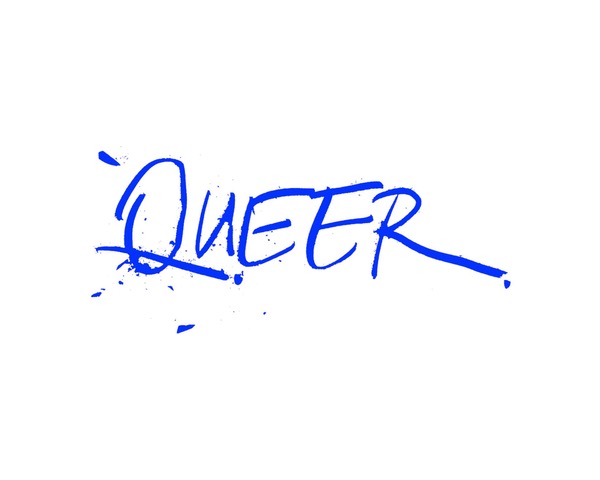Like a Medusa who finds herself crowned by negative associations: why does complexity always play such a fatal role? Complexity, entropy, chaos, black holes: scary yes, but terribly rich. How can you look them in the face without being petrified? How to use them without getting entangled? How to turn them into value-enhancing factors?
In defense of complexity, REMIDA offers a small compendium of its virtues.
Complexity: what does it mean?
The word complexity derives from the adjective "complex", which in turn goes back to the Latin past participle complexus, from the verb complecto, complectis, complexus, complectere (for all philologists, a transitive of the third conjugation). Multiform and interesting verb, its first meaning is to embrace, to encircle. Precisely this "embrace" that can also take place in the mind gives life to the meaning of “grasping” and “understanding”. "Complex" would therefore mean "understood", not "difficult", as it appears today after the ecclesiastical use of medieval Latin, which has redefined many meanings.
What complexity is for us? It appears as the sentiment preceding the discovery of a horizon, as the project that does not yet have a defined objective, as the problem whose variables have not yet been operationalized.
If we try to imagine it, complexity is a skein where the threads appear without beginnings nor ends. Or like a painting by Pollock where each point drags along infinite others.
Instead, let's think of complexity as a chemical formula: once you've learned that language, it's the most accurate of all recipes. We think of complexity as the structure of a crystal: unintelligible at first sight, yet very solid. Let's think back to complexity like the ocean waves: a scientific phenomenon that knows how to disguise itself in poetry.
Ode…What are we talking about?
Why defend complexity? Why did we feel compelled to dedicate her an ode? Complexity is often demonized by communication itself, by the single idea that in a moment must (or should) overwhelm everything, from the "let's focus only on the important elements", and also by all the "I’ll exclude this from the brief". Complexity, if nothing else, is inclusive: in its messy chaos it leaves room for everything. We believe that it is in the nuances that really great ideas are found, and that in the detail that appears insignificant at first sight there’s a richness that goes beyond the mere economical value. This is where our hymn to complexity stems: to do truly extraordinary things, only complexity can help us. And it is only by making even the thorniest tangle simple that we can create full, intrinsic, sustainable value.
"Ode" was the name, in the Ancient Greeks lyric, reserved for those compositions that glorified an event or an individual, idolising its nature. For us, Complexity is a “Sylvan historian, who canst thus express a flowery tale more sweetly than our rhyme” (liberally taken from John Keats' Ode on a Grecian Urn).
Driver: what it is, and how to get it
Complexity therefore appears not only as the Virgil who makes us discover the thrill of redundancy, but also as the lever that opens the doors of value. The very identity value that should be the basis of every brand. A lever in physics is a very simple machine, consisting of a rod and a fulcrum, capable of decisively directing forces towards a third point. A scissor, a nutcracker, an oar: with a disruptive action they transform a spontaneous balance into a different form of balance.
A lever is like a magic wand (where the trick yet remains visible): the transformation that occurs from state A to state B will change the world forever. Complexity is a lever because, once understood, it will eternally change the state of things.
Value: the most misused word of all
If complexity is a rare commodity, and even more difficult it is to turn it into a driver… how do we use it to increase or create value? This lexeme also derives from the Latin verb valeo, intransitive of the second conjugation (valeo, vales, valui, valitum, valere). To the primary meaning of “being worth, having strength”, it associates that of “enjoying good health”, being well. In a figurative sense it moves towards “to have power, to have influence, to be able to”… and therefore, “to be valid”. No better definition than this depicts the "value" a brand should have.
Getting things done: how do you guide complexity to turn it into a positive agent of progress?
Complexity must be sought, accepted, listened to. Then it is detailed, mapped, deployed. Only at this stage do we begin to draw lines between the points, and fils rouges between them. These are the simple and unique foundations on which we build a strategy, a brand, a” value”. Only these will give sincere depth to the progress we will bring up to the world.




